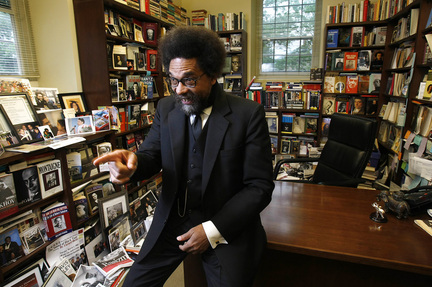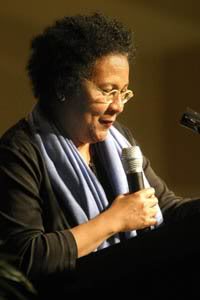The Quotable Black Scholar: Pedro Noguera on Class and Black Identity Formation

Pedro Noguera
***
“In many black communities, it is the ethos, the style, the orientation of poor black kids that influences middle-class black kids in ways that [are not] true for middle-class white kids. Most middle-class white kids don’t know poor white kids.”
— NYU sociology of education Professor Pedro Noguera on the impact of class on African American students’ identity conflicts, from an interview with NPR’s Nancy Solmon. To read more on this, or to listen to the NPR report on the ways that the struggle for an “authentically Black” identity impacts Black children’s academic performance, follow THIS LINK.
***
Biographical Notes: Pedro Noguera is a professor in the Steinhardt School of Culture, Education, and Human Development, at New York University. He is also the Executive Director of the Metropolitan Center for Urban Education and the co-Director of the Institute for the study of Globalization and Education in Metropolitan Settings (IGEMS). He holds a B.A. from Brown University (sociology, 1981) an M.A. from Brown University (sociology, 1982), and a Ph.D. from the University of California – Berkeley (sociology, 1989).
He is the author of several books, including:
- The Imperatives of Power: Regime survival and the basis of political support in Grenada, 1951-1991.
- City Schools and the American Dream: Fulfilling the Promise of Public Education
- On Freire: Revisiting the Pedagogy of the Oppressed and Applying its Lessons to American Public Schools.
- Unfinished Business: Closing the Achievement in Our Schools
- Beyond Resistance!: Youth Activism and Community Change
Posted by Ajuan Mance
Posted in African American Students, African Americans, Black Students, Current Events, Higher Education, race | Comments Off on The Quotable Black Scholar: Pedro Noguera on Class and Black Identity Formation









